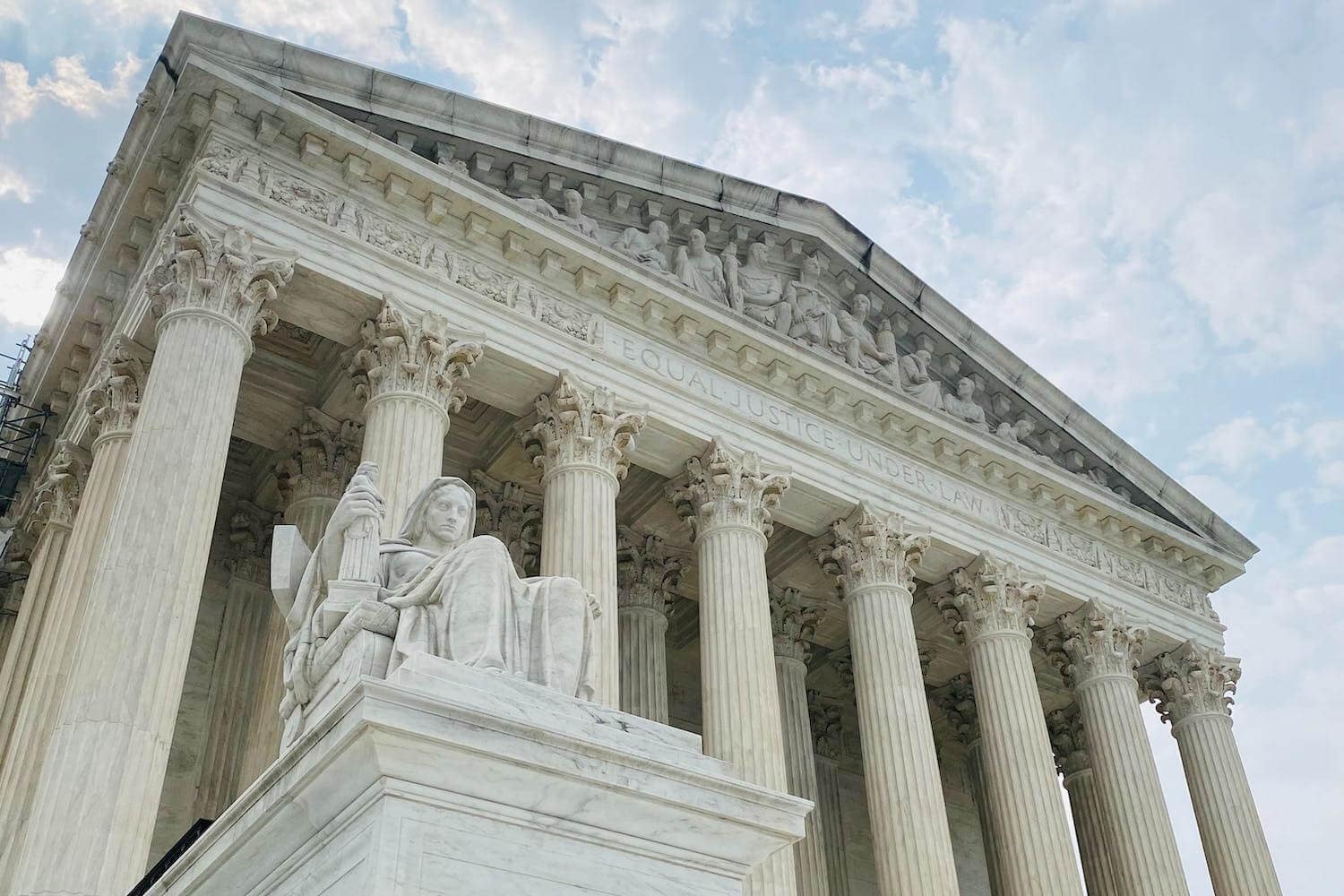When mediation concludes without a resolution or if one party fails to uphold their end of a mediated agreement, the next step often considered is going to court.
This transition from a collaborative, less formal process to a more structured legal battle can be daunting.
Understanding what this entails is crucial for anyone navigating through unresolved disputes post-mediation.
Understanding the Transition from Mediation to Court
Mediation serves as a confidential, voluntary process aimed at resolving disputes without the need for litigation. However, when mediation does not result in an agreement, or if an agreement is reached but later breached, parties may find themselves considering court action.
This step signifies a shift towards a formal legal resolution, where a judge or magistrate will make a binding decision on the matter.
🔑 Key takeaway: Going to court after mediation represents a definitive shift to a formal legal process to resolve disputes.
Also read: Which Family Law Court in Melbourne?
Preparing for Court After Unsuccessful Mediation
Preparation is critical when transitioning from mediation to court proceedings. This involves gathering all relevant documents, evidence, and witness statements that support your case.
It’s also crucial to seek legal advice to understand the legal grounds of your case and the procedures involved in court proceedings.
🔑 Key takeaway: Adequate preparation and legal advice are essential when moving from mediation to court.
The Court Process After Mediation
Navigating the transition from mediation to court involves understanding the structured legal process that unfolds when disputes remain unresolved.
Several key stages mark this journey through the judicial system, each designed to ensure fairness, transparency, and a resolution based on legal principles.
Below is a concise overview of the steps in moving from an unsuccessful mediation to seeking a resolution in court, highlighting the path from initiating legal action to the potential for an appeal.
- Filing a Claim or Application: Initiates the legal proceedings by outlining the dispute and resolution sought.
- Pre-Trial Conferences: Aim to streamline the trial, identify critical issues, and explore settlement possibilities.
- Exchange of Evidence: Both parties disclose all relevant documents and witness statements, ensuring transparency.
- The Hearing(s): The core stage where evidence is presented and arguments are made before a judge, following strict legal protocols.
- Judge’s Decision: The judge resolves the dispute by determining rights and obligations, resulting in a legally binding decision.
- Potential for Appeal: Dissatisfied parties may appeal the decision to a higher court for review, which can affirm, reverse, or modify the judgment.
🔑 Key takeaway: The court process after mediation involves filing a claim, pre-trial conferences, evidence exchange, and a hearing, culminating in a judge’s decision. Strict legal protocols govern this structured process and may lead to an appeal for review.

Potential Outcomes in Court
The outcomes of going to court can vary widely depending on the nature of the dispute and the evidence presented.
The court may order specific actions by one or both parties, financial settlements, or other forms of resolution. It’s important to note that court decisions are legally binding and enforceable.
🔑 Key takeaway: Court outcomes can include orders for action financial settlements and are legally binding.
The Role of Legal Representation
Having a lawyer represent you in court can significantly impact the outcome of your case. Legal professionals can navigate the complexities of the law, advocate on your behalf, and provide strategic advice. Choosing the proper legal representation is a critical decision in the court process.
🔑 Key takeaway: Effective legal representation is crucial for navigating court proceedings and achieving a favourable outcome.
Securing Competent Legal Representation
Going to court after mediation is a significant step that requires careful consideration and preparation. While mediation offers a collaborative approach to dispute resolution, court proceedings provide a formal avenue for resolving disputes when mediation fails or agreements are not honoured.
Understanding the process, preparing adequately, and securing competent legal representation is vital in navigating this transition successfully.
Director of Melbourne Family Lawyers, Hayder manages the practice and oversees the running of all of the files in the practice. Hayder has an astute eye for case strategy and running particularly complex matters in the family law system.




